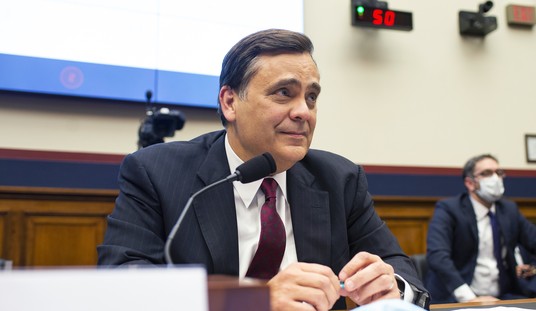President-elect Trump threatened German automakers BMW, Daimler and Volkswagen with a 35 percent import tariffs on Monday, in an interview with the German newspaper Bild.
According to The Washington Examiner’s report, Trump was quoted as saying
“If you want to build cars in the world, then I wish you all the best. You can build cars for the United States, but for every car that comes to the USA, you will pay 35 percent tax,” Trump said in remarks translated into German.
“I would tell BMW that if you are building a factory in Mexico and plan to sell cars to the USA, without a 35 percent tax, then you can forget that.”
Some context for Trump’s remarks is that BMW plans to invest $1 billion in a new plant in Mexico. This marks a continuation of the current approach German auto companies take to North American markets: while they employ 33,000 U.S. Americans, much more manufacturing takes place in Mexico.
BMW executive Peter Schwarzenbauer says the company is planning to move forward with the plant in Mexico. But let’s assume Trump’s remarks had an immediate effect, or, perhaps better, that it will alter future investment plans of German car companies.
On the surface, there seems to be economic justification to Trump’s plan. For one, it makes investing in building plants in America more attractive (or, rather, it makes building them elsewhere less so.) During the middle part of the 1900s, most companies looking to sell overseas had to build infrastructure overseas. Trump clearly thinks this will result in the creation of manufacturing jobs — and it could.
Secondly, it could result in the creation of higher-paying management jobs. German corporations, like most European corporations, are much more likely to hire local management when setting up shop internationally, the logic being that local tastes, culture and more are important to the success of production and sales in that country.
Furthermore, it would increase revenue to the federal government — at least per import. At a time when U.S. debt stands at over $19 trillion, there is no doubt that more revenue is desirable (and cuts in spending, which Trump’s fiscal plans thus far have shown to be mostly off the table.)
But, as Henry Hazlitt’s book Economics in One Lesson would tell us, we need to look past the immediate effects of a policy and examine the unintended consequences.
1. Though eventually investment may be made into production facilities in the U.S., resulting in thousands of jobs, other jobs will be lost. Why? First, prices will rise. Labor and production are more expensive in the United States. Foreign imports will be substantially more expensive and therefore competition from those cars will not result in prices being driven down to the extent they are now. The result will be a combination of fewer sales (and fewer sales means fewer manufacturing jobs) and less money to spend for the average American, which they could spend creating jobs elsewhere. A final effect as prices rise is that a BMW will become even more a car for the rich.
Of course, because BMW and other German auto manufacturers do not only consider U.S. tariffs when deciding where to build, there may not be a significant amount of investment shifted to the United States. The 35 percent tax would be applied, the cost passed along to the consumer at astronomically higher prices and those American fortunate enough to be able to afford a Beamer would be paying more in taxes to the United States federal government.
2. Though we may not see those effects play out immediately, one instant effect Trump’s words have is on the stock market. As The Washington Examiner noted, “[Trump’s] comments sent Volkswagen’s stock shares down 2.2 percent, while BMW and Daimler saw 1.5 percent drops.”
The President-elect does not know the power of his own words to send the stock market into a tizzy. Previously, his ill-advised statements affected Boeing, pharmaceutical companies and Lockheed Martin. Populists might cheer when Wall-Street takes a hit, but long-term pensions and jobs could be impacted.
3. A new 35 percent import tax could result in a trade war. Germany, a heavily import-reliant country is very pro-international trade. They may be unlikely to significantly raise tariffs just because the U.S. does, especially because most of their trade is with other countries in the European union.
But Trump’s import tax extends elsewhere, to Mexico, apparently, and to Japan and other countries, presumably. American exports could be affected by reciprocal tariffs, resulting in further job losses in the United States.
4. Finally and ironically, are the incentives Trump’s tariff creates for illegal immigration from Mexico. If jobs were to shift from Mexico to the United States, it would make the economic prospects of Mexicans worsen and the U.S. to appear that much more attractive. Illegal immigration from Mexico, down over the last decade, possibly would rise again.
Of course, Trump plans to build a wall Mexico will eventually pay for, though most sensible people doubt that will happen.
Like most of Trump’s plans, his 35 percent import tariff will play well with some and looks good on the surface, but only causes more harm than good. It’s time for him to stop talking about it.











Join the conversation as a VIP Member